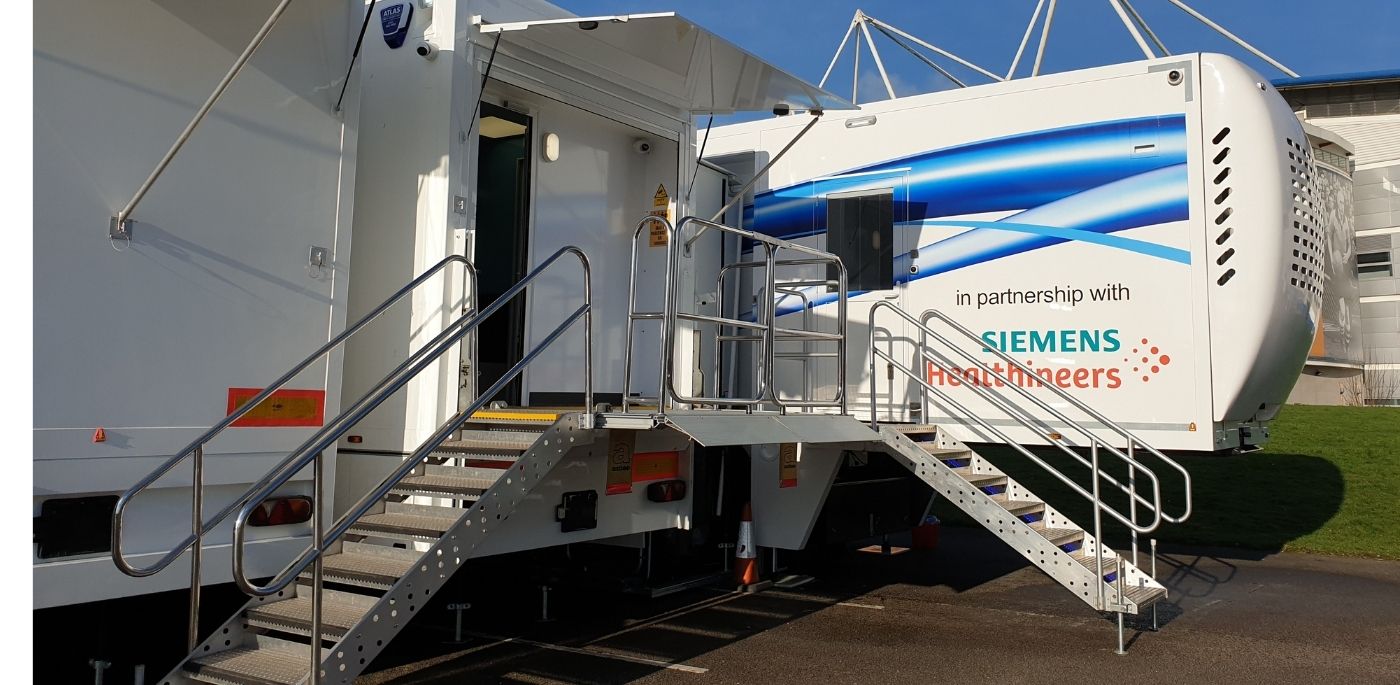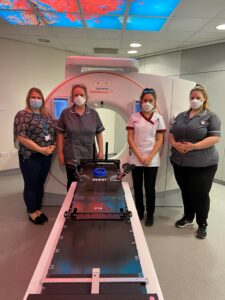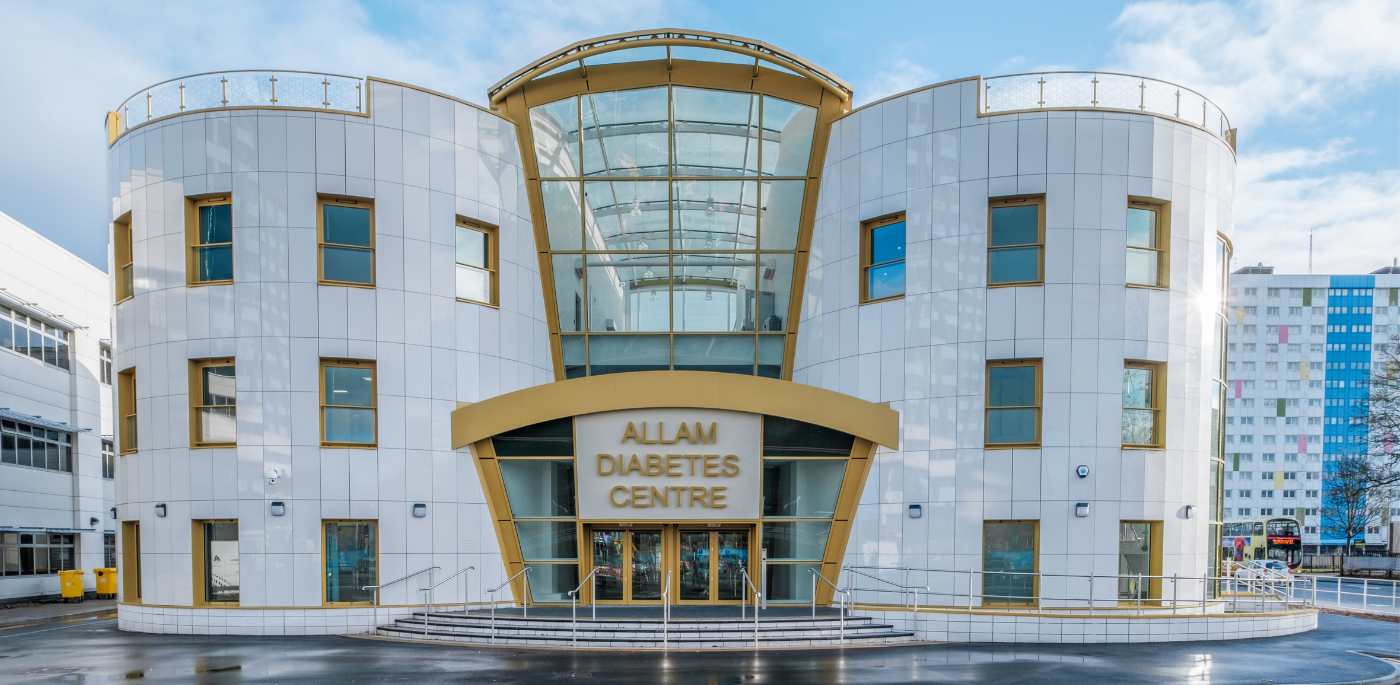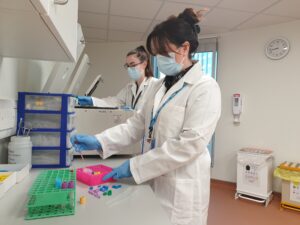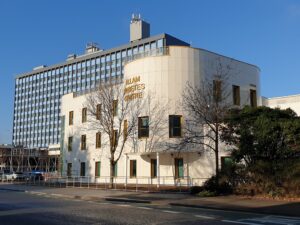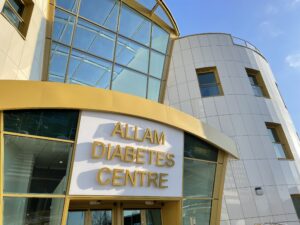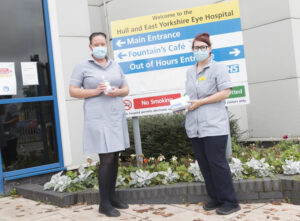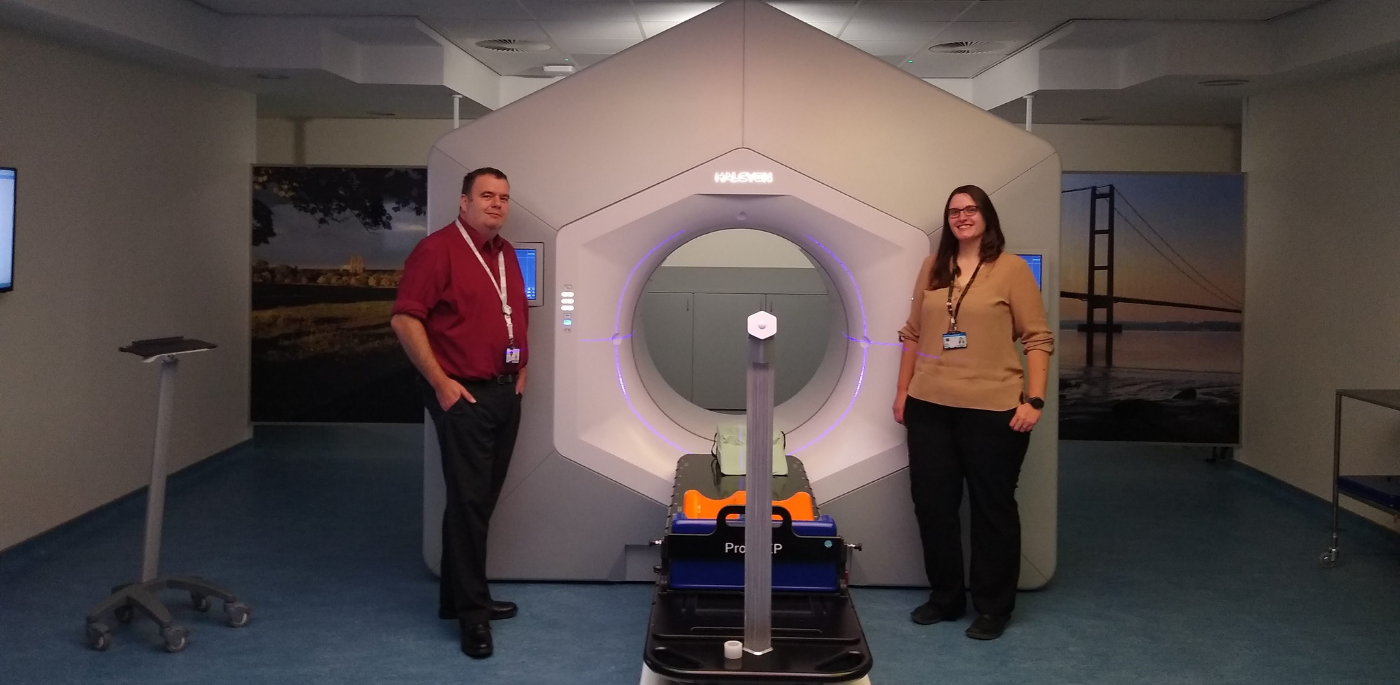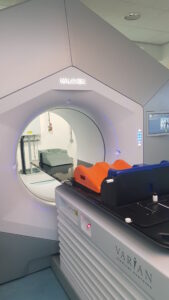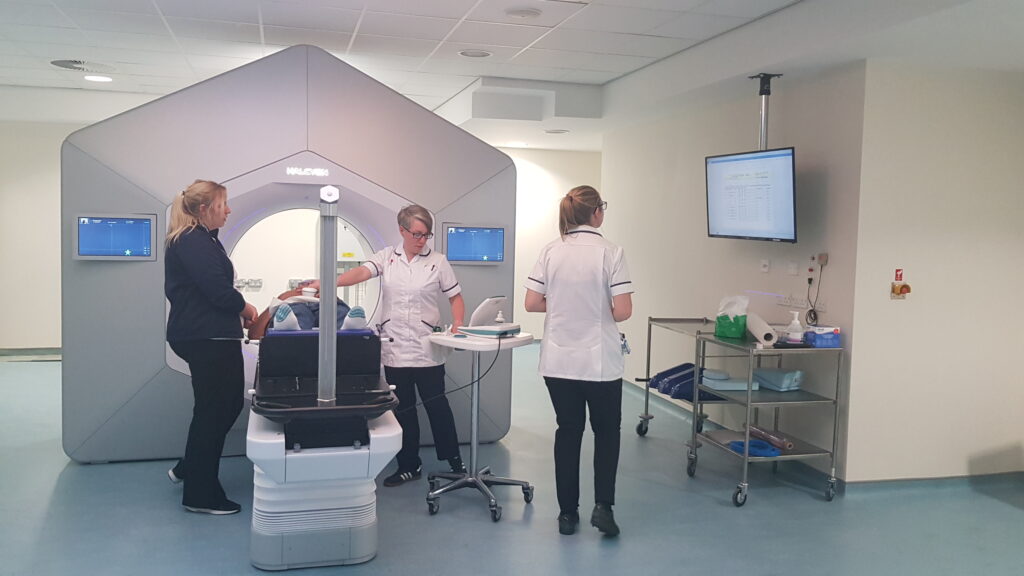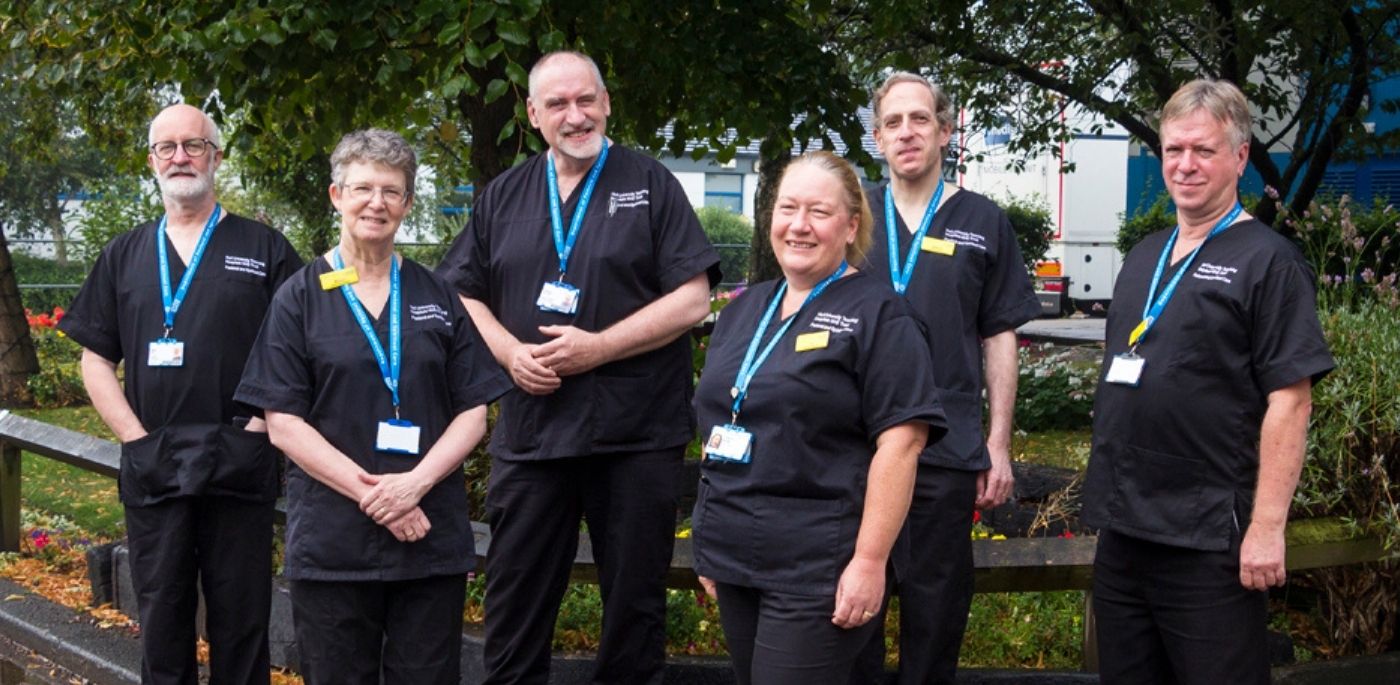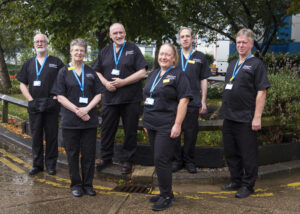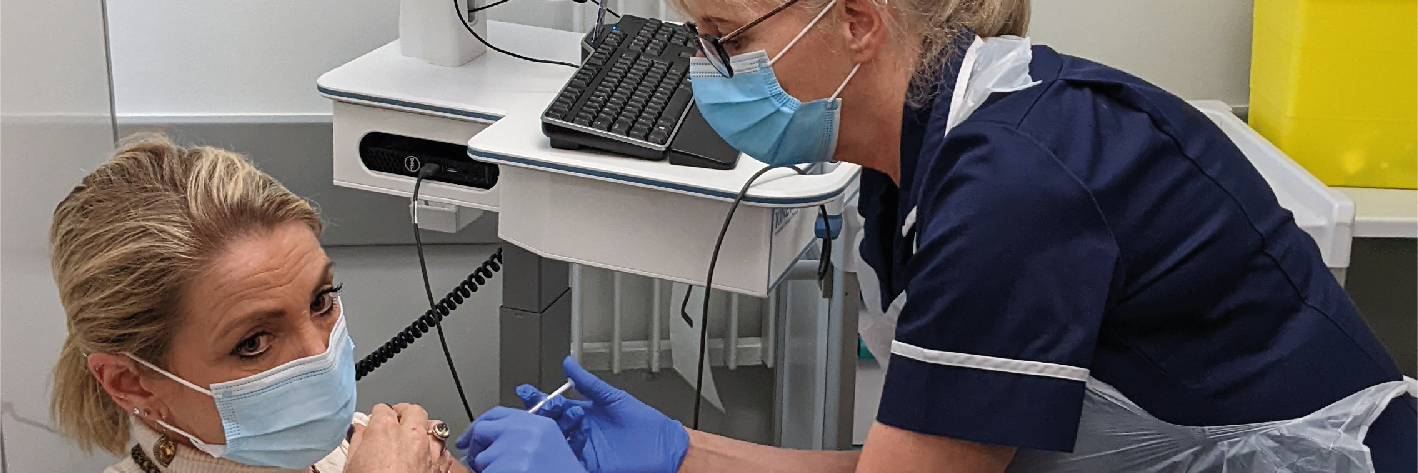More than 8,000 people in Hull, who may be at increased risk of lung cancer, will be next to benefit from an NHS lung health check service, which is helping to improve earlier diagnosis of lung cancer and other respiratory diseases.
Since its launch, the service has welcomed over 6,000 people, helped to diagnose more than 40 cases of cancer, identified other respiratory diseases at early stages, and provided opportunities for earlier treatment that has saved people’s lives.
The lung health check service has just arrived in North Hull and will be based in the west car park at North Point Shopping Centre before moving to Tesco Hull Superstore on Hall Road. Anyone living in north Hull, who is a former or current smoker aged 55 to 74, is eligible for a lung health check and will receive an invite from their GP over the next few weeks.
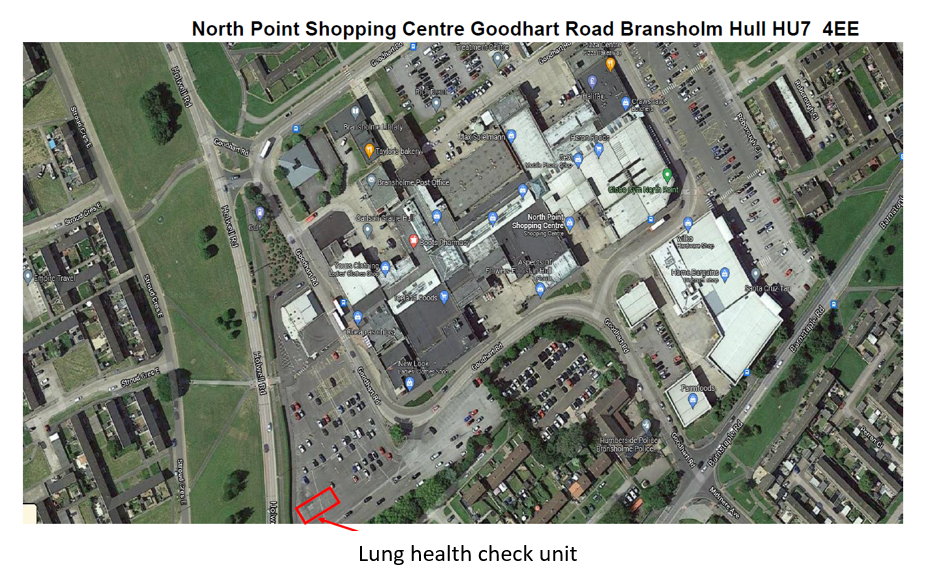
Map of where the mobile unit will now be sited
Detecting lung cancer in the early stages is extremely difficult as often people don’t experience any symptoms and are not diagnosed until stage 3 or 4. A lung health check can help find any problems early, often before someone notices anything is wrong, and at a stage when treatment could be simpler and more successful.
The lung health check takes place in two stages. The first is an initial phone assessment with a specially trained respiratory nurse. If the assessment finds the person to be at high risk, they will be offered a low dose CT scan of the lungs for further investigation. The CT scanner is housed on board a high-tech mobile screening unit that has previously visited Lidl and Castle Hill Hospital in West Hull.
Dr Stuart Baugh, Clinical Director at Humber, Coast and Vale Cancer Alliance, said: “The Hull lung health check programme is helping us achieve the NHS long-term plan ambition of diagnosing more cancers early by providing quick, effective and easily accessible checks in convenient community locations. We are incredibly grateful to North Point Shopping Centre and Tesco Hull Superstore for providing space in their car parks to ensure we can deliver lung health checks in North Hull.
“If you or a member of your family receive a lung health check invitation, do not delay – book your appointment as soon as you can. This free lung health check could save your life by diagnosing lung cancer or other respiratory diseases at an earlier stage, when curative treatment may be available.”
Jo Thompson, Lead Nurse for lung health checks in Hull, said: “If you are invited for a lung health check, one of our friendly specialist nurses will provide a telephone assessment that lasts around 25 minutes and, if appropriate, participants will then be invited to attend a CT scan on board the mobile unit.
“We have received fantastic feedback from people who have already attended a lung health check in West Hull and as well as helping to diagnose respiratory diseases at earlier stage, the service is also helping to reduce the risk of lung cancer by offering free support to those who wish to stop smoking. Many people who have been smoking for years and who have tried to quit multiple times have successfully stopped after being put in touch with free stop smoking services by a member of the lung health check team.
“There are lots of safety measures on board to reduce any risk of Covid-19 and the team are available to answer any questions you may have either before or after your appointment.”
Dr Masood Balouch, a local GP and NHS Hull Clinical Commissioning Group Board member, said: “As a general practitioner seeing many patients with advanced lung cancer each year, I know how vitally important it is to book your lung health check appointment when invited, even if you feel fine, as some conditions don’t display symptoms until later stages. The programme is designed to check those most at risk of developing lung cancer in order to spot signs earlier, at the stage when it’s much more treatable, ultimately saving more lives.
“We have had some great success with this programme in other areas of Hull and look forward to supporting more patients to come forward for a lung health check. If you receive an invitation, don’t ignore it – book your appointment without delay.”
For more information on the Targeted Lung Health Check programme please visit www.lunghealthchecks.org.uk

